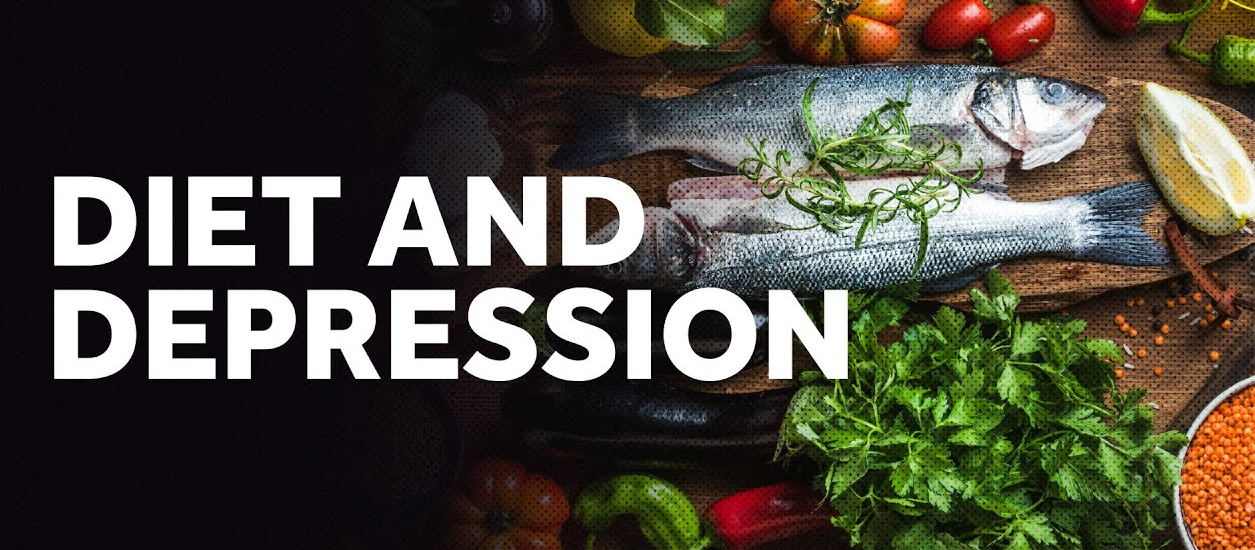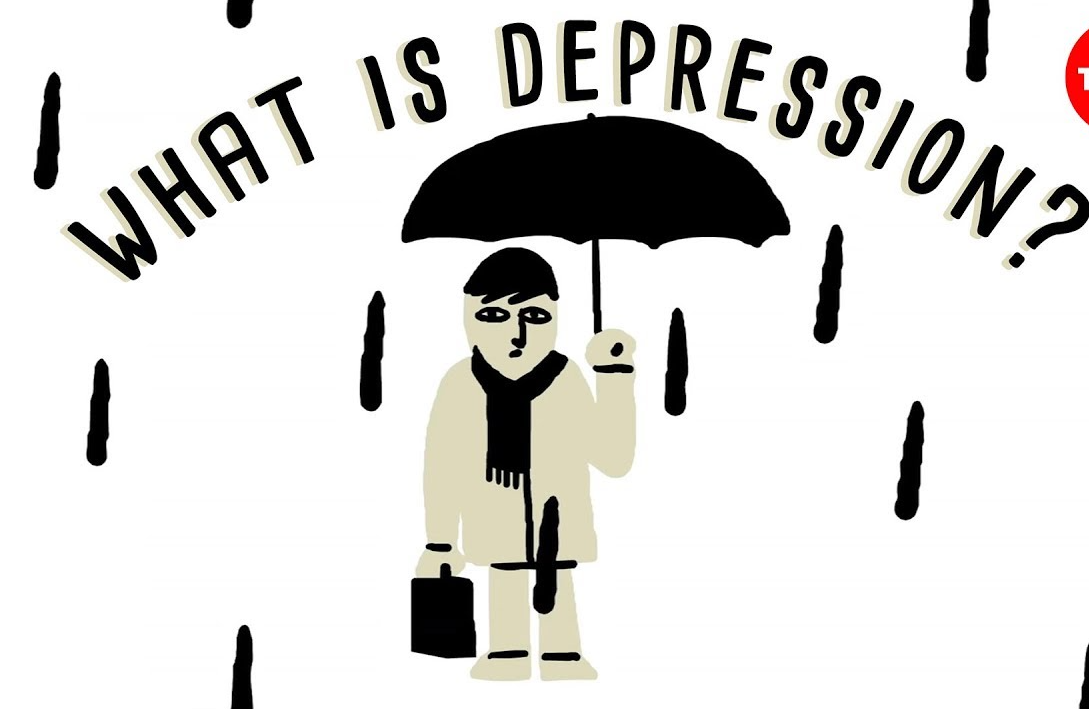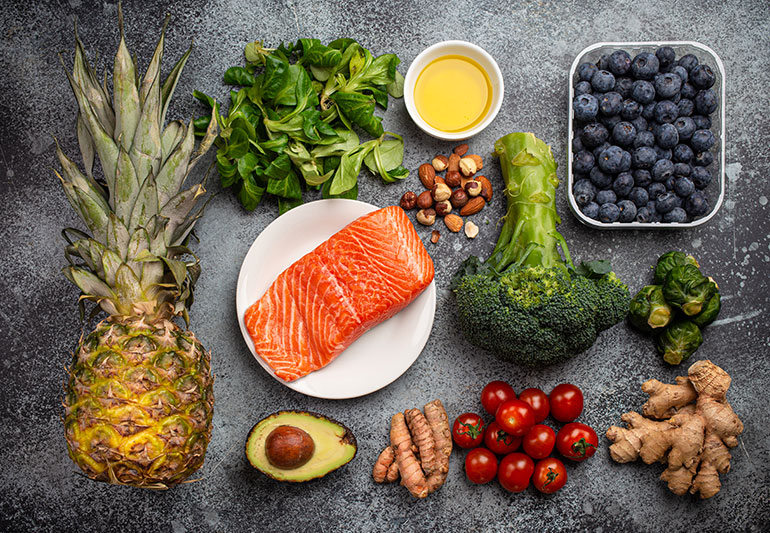
Depression is a condition that affects more that 4.4% of the population, or 322 million individuals, globally.1 Furthermore, associations between chronic inflammation and a range of neurological diseases, to include depression, have been established. Finally, research has elucidated particular dietary approaches and nutrients which modulate inflammatory factors and events, inducing a range of anti-inflammatory properties.1(2045) The following will consider such diets and their effects upon managing depression.

Depression (major depressive disorder, or MDD) affects approximately 13-16 million individuals in the United States, annually.2 MDD can be characterized by persistent feelings of disinterest, anger, loss, and sadness which tends to negatively affect behaviour, thinking, and physical health.2(411) Of further interest is that a significant portion of said population (5-6 million) tend to be resistant to conventional psychological and pharmacological interventions, demanding novel and effective approaches.2(411) Such necessity for efficacious interventions is paramount as treatment resistant individuals with MDD are at a higher risk of alcoholism, hospitalizations, drug abuse, and suicide.2(411)

Anti-inflammatory diets (ADs) tend to decrease inflammatory markers such a C-reactive protein; a proxy for peripheral inflammation.1(2045) Furthermore, ADs also help reduce/down-regulate the activity of interleukin-6 (IL-6) and tumor necrosis factor alpha (TNF-alpha)1(2045) ADs can be characterized by lower prevalence of omega-6 fatty acids; fatty acids that tend to induce inflammatory cascades when overly dominant in diets, which are often found in processed foods (i.e., high omega-6/omega-3 ratios).3 Furthermore, ADs tend to be rich in omega-3 fatty acids (i.e., fish, flax seed, chia seeds, grass fed animals), polyphenols/antioxidants/fiber (i.e., leafy green vegetables), amino acids (i.e., tryptophan, glutamine), and probiotics (i.e., fermented foods).4 Thus, any dietary plan incorporating the above nutrients tends to mitigate inflammation.
Tolkien et al1(2046) conducted a systematic literature search and meta-analysis whereby the following inclusion and exclusion criteria were implemented: measurements of the inflammatory potential of the diet were taken, measurements of the incidence of depression or depressive symptoms, and reported effect size/confidence intervals (CI) for the association between an inflammatory diet and depression.1(2046) Exclusion criteria included inflammatory potential of the diet was not measured; depression or depressive symptoms were not reported; and duplicate study population.1(2046) The following will consider the findings of the researchers.

Interestingly, Tolkien et al1(2049) concluded from 11 studies (containing a total of 101,950 participants at baseline) that individuals on a pro-inflammatory diet had a 1.4 increased chance of being diagnosed with depression and/or displaying depressive symptoms, as opposed to individuals on an anti-inflammatory diet (as described in the previous section). The researchers postulated that pro-inflammatory nutrients activated the innate immune system thereby inducing low-grade inflammation and chronic diseases such as diabetes, cardiovascular disease, and mental health disorders.1(2050) Tolkien et al1(2050) also indicated that diet can have effects on a cellular and molecular level; research has indicated influences of dietary factors on markers of neuronal function and synaptic plasticity mechanisms. Such findings are relevant because the aforementioned systems are known to be involved in the aetiology of depression.1(2050)

In conclusion, depression is a condition that affects more that 4.4% of the population, or 322 million individuals, globally. Furthermore, associations between chronic inflammation and a range of neurological diseases, to include depression, have been established. For depressed individuals who are treatment resistant, the implementation of diets rich in omega-3 fatty acids, fiber, polyphenols, amino acids, and probiotics may help manage said condition. Finally, such an approach can be applied to the general population devoid of depression, not only as a preventive measure, but ultimately as a means to achieve improved health, performance, and longevity.
References
1. Tolkien K, Bradburn S, Murgatroyd C. An anti-inflammatory diet as a potential intervention for depressive disorders: A systematic review and meta-analysis. Clin Nutr. 2019;38(5):2045-2052. doi:10.1016/j.clnu.2018.11.007.
2. Kent JK, Arrendondo A, Pugh MA, et al. Ketamine and treatment-resistant depression. AANA Journal. 2019;87(5):411-419. Retrieved from http://eds.b.ebscohost.com.libproxy.bridgeport.edu/eds/pdfviewer/pdfviewer?vid=16&sid=c53e046a-8a1a-4bc9-ae2b-46a7acb25805%40sessionmgr101 (Links to an external site.)
3. Ilich, JZ, Kelly, OJ, Kim Y, Spicer, MT. Low-grade chronic inflammation perpetuated by modern diet as a promoter of obesity and osteoporosis. J Ind Hyg Toxicol. 2014;65(2):139-148. doi:10.2478/10004-1254-65-2014-2541.
4. Hab U, Herpich C, Norman K. Anti-inflammatory diets and fatigue. MDPI. 2019;11(10):1-24. Doi:https://doi.org/10.3390/nu11102315.
-Michael McIsaac
